This is the comment of Ms. Nguyen Thi Kim Thanh - President of Vietnam Coconut Association, at the forum "Communication on health management of Vietnamese coconut trees to meet production requirements associated with consumers".
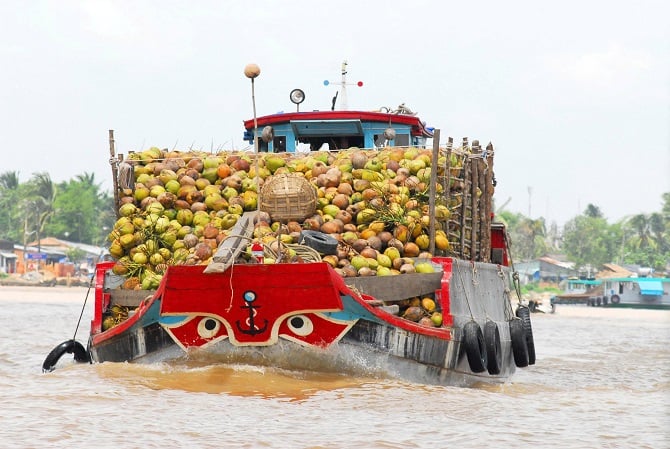
Every year, Vietnam produces more than 2 million tons of coconuts, making it the 4th largest country in the Asia- Pacific region and the 5th largest in the world in coconut exports.
Restructuring in a “green” direction
According to Ms. Thanh, safe solutions in cultivating and protecting coconut trees are not only technical requirements to prevent pests or increase productivity, but also strategic directions to restructure the Vietnamese coconut industry in an ecological - circular - low-emission direction. This is the only way to help the coconut industry deeply integrate with the global market, meeting increasingly strict "green" and "social responsibility" standards.

Ms. Nguyen Thi Kim Thanh - President of Vietnam Coconut Association presented about 4 subjects in the safe coconut ecosystem at the forum.
The Chairman of the Vietnam Coconut Association said that, facing challenges from climate change, emerging pests (such as black-headed caterpillar), environmental pollution and international market fluctuations, building a safe coconut agricultural ecosystem requires close coordination between four entities: the state plays a role in policy making, issuing standards, supporting green credit and monitoring agricultural product quality.
Meanwhile, institutes, schools and scientists are responsible for research, technology transfer, development of disease-resistant coconut varieties, IPM processes, and ecologically adaptive farming models. The Coconut Association is the center for connecting, coordinating strategies, reviewing policies and promoting national brands. Meanwhile, enterprises and cooperatives directly organize raw material areas, apply biotechnology, trace origin, deep processing and create sustainable jobs for the community.
“When these forces operate together in a unified value chain, safety solutions do not stop at technical measures to prevent pests and diseases, but become a development philosophy: “Taking safety as the foundation - taking sustainability as the goal - taking people and ecology as the center”.
In the long term, this direction will contribute to building the brand "Green and safe Vietnamese coconut", creating an international competitive position, while helping farmers escape the vicious cycle of small-scale production, moving towards an ecological, responsible and integrated coconut agriculture - in line with the spirit of the strategy for developing ecological, circular, low-emission agriculture by 2050", the Chairman of the Vietnam Coconut Association explained.
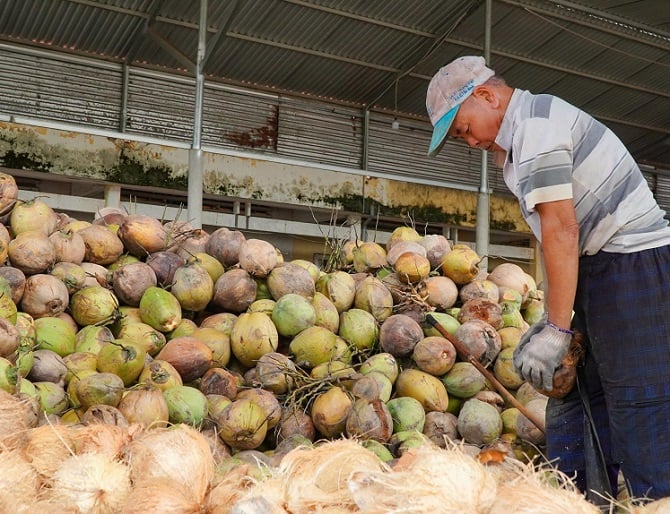
Western farmers process coconut.
On the business side, Mr. Nguyen Hoang Kiet - Director of Tien Giang Coconut Cooperative said that the unit is currently facing many difficulties in collecting coconuts due to unstable prices, which often fluctuate according to the market. Coconut processing factories are also in a state of "capital stagnation" and slow payment, causing the cooperative to lack resources to maintain operations and expand production. "Although there have been many recommendations, there is still no specific solution from the bank to access preferential credit capital for farmers and cooperatives," Mr. Kiet said.
Strengthening business support
Representative of scientists, Associate Professor Dr. Pham Anh Tuan - Director of the Institute of Agricultural Mechanics and Post-Harvest Technology (Ministry of Agriculture and Environment) said that Vietnam has a coconut growing area of more than 200,000 hectares (Mekong Delta accounts for 80%), each year the whole country produces more than 2 million tons of coconut, making Vietnam the 4th largest country in the Asia - Pacific region and the 5th largest in the world in coconut export.
The institute's investigation results show that the country has 854 coconut production and processing facilities, with a total designed capacity of 7,088 tons/day (actual 5,355 tons/day), large processing factories are concentrated in the provinces of Ben Tre, Tra Vinh and Tien Giang. Vietnam has the advantage of natural conditions and traditional experience in producing and processing coconut products, the international market has a large demand and is constantly expanding. The trend of consuming "natural", "green", "organic" products is increasingly popular.
However, the industry still faces many challenges, such as processing only about 30% of products currently processed deeply along the value chain. Main products include coconut water, coconut milk, coconut oil, desiccated coconut, coconut candy, coconut cake, activated carbon from coconut shells, along with handicraft products and materials from coconut fiber such as carpets, mattresses, and planting nets. Some advanced technologies have been applied such as ultra-high temperature sterilization (UHT) for coconut water, aseptic packaging and extraction of pure oil using cold centrifugation technology, but most of the equipment still has to be imported.
According to Associate Professor Dr. Pham Anh Tuan, to improve the capacity of the coconut industry, it is necessary to clearly identify the target, key products and production scale suitable for each ecological region. Evaluate investment capacity, raw material sources and consumption markets to choose a sustainable development direction. Support businesses in choosing technology, equipment and designing and building processing factories that meet international standards, meeting the strict requirements of major markets such as the US, EU and Japan.
Mr. Tuan proposed that the state and specialized agencies should increase support for enterprises in technical innovation, receiving international technology transfer and connecting cooperation with foreign enterprises. Synthesize the need for technological innovation to propose and implement appropriate scientific and technological tasks, thereby connecting to solve problems from breeds, genes to the consumer market.
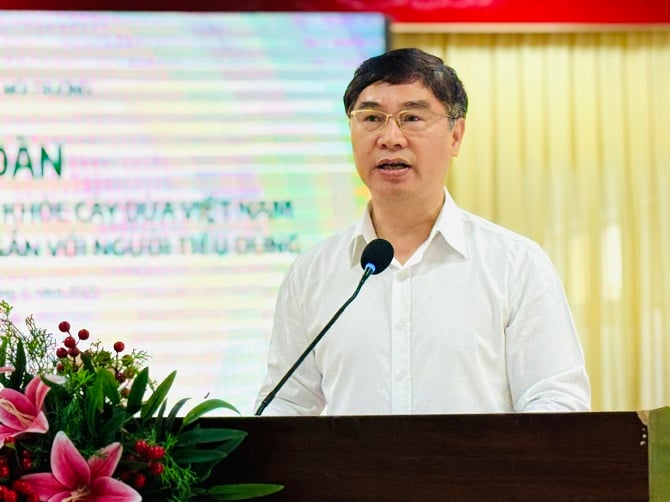
Mr. Nguyen Quy Duong - Deputy Director of the Department of Crop Production and Plant Protection (Ministry of Agriculture and Environment).
Deputy Director of the Department of Crop Production and Plant Protection (Ministry of Agriculture and Environment) Nguyen Quy Duong assessed that the forum has special significance, because the coconut industry has now become a billion-dollar industry, playing an important role in the agricultural and export structure of Vietnam.
According to Mr. Nguyen Quy Duong, opinions focused on two key areas such as: developing high-quality coconut varieties, suitable for both fresh consumption and processing, with good productivity, adaptability to climate change, serving the orientation of expanding raw material areas. At the same time, innovating processing, preservation and post-harvest technology, aiming to increase the deep value of coconut products, meeting domestic consumption and export needs.
Mr. Duong affirmed that he will absorb and incorporate the contents discussed by representatives of the above subjects into the working plan, including more in-depth programs, to promote the development of coconut trees in Vietnam in general and especially in the Mekong Delta region.
Source: https://doanhnghiepvn.vn/doanh-nghiep/thach-thuc-trong-xay-dung-he-sinh-thai-nong-nghiep-dua-an-toan/20251107092525191








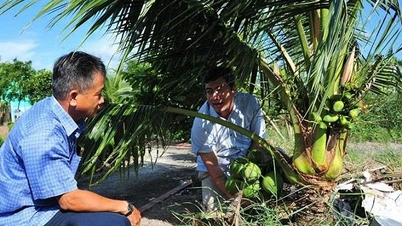


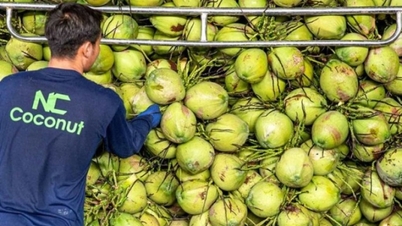

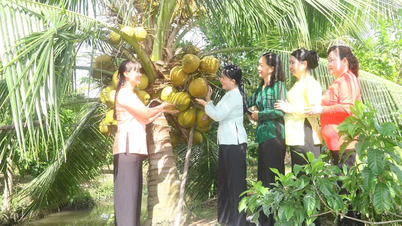
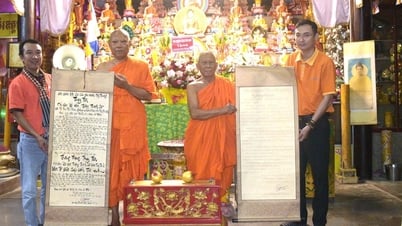

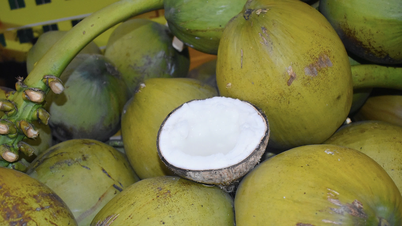



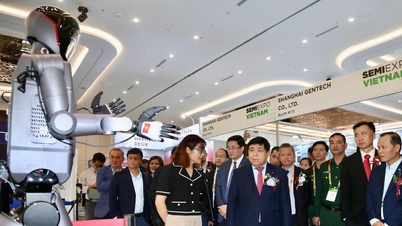














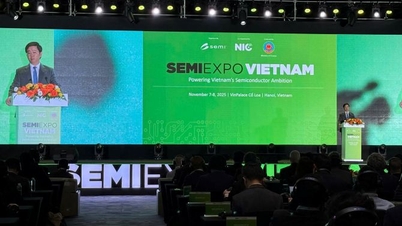





![[Photo] Da Nang: Hundreds of people join hands to clean up a vital tourist route after storm No. 13](https://vphoto.vietnam.vn/thumb/1200x675/vietnam/resource/IMAGE/2025/11/07/1762491638903_image-3-1353-jpg.webp)




































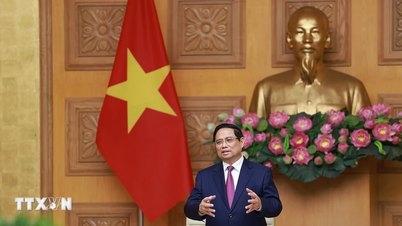

















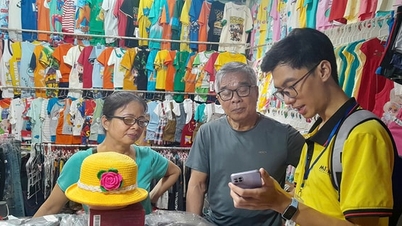















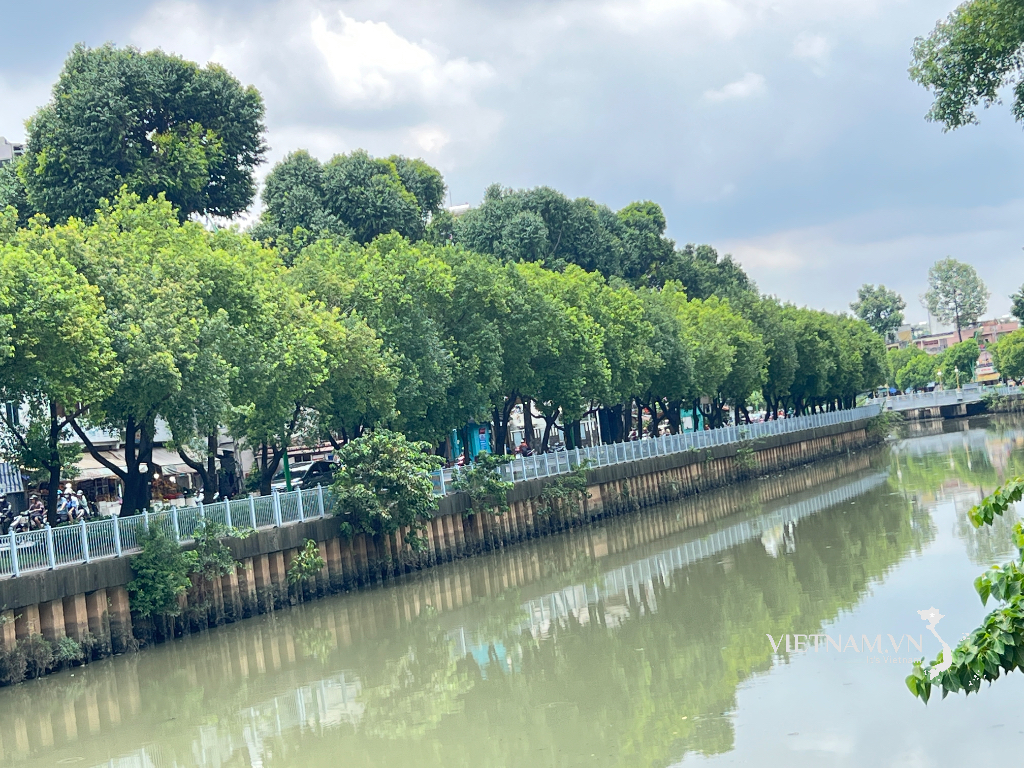



Comment (0)